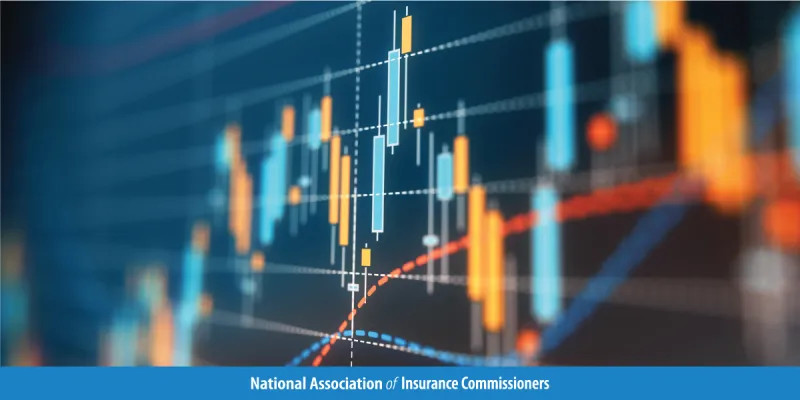
NAIC Releases 2018-2019 Auto Insurance Database Report
The National Association of Insurance Commissioners (NAIC) released the 2018 – 2019 Auto Insurance Database Report. The report provides information based on data through year-end for the years 2018 and 2019. The data is the most current compilation of automobile insurance costs throughout the United States.
The 2018-2019 Auto Insurance Database Report also contains a summarization of the 2019 average expenditures and combined average premiums for each state.
Key findings from the 2018/2019 report include:
- The national combined average premium per insured vehicle was $1,204 in 2019, a 18.71% increase from 2015.
- Collision national average claim frequency decreased 2.19% between 2016 to 2018.
- The average incurred loss per collision claim increased 4.46% from $4,404 per claim in 2016 to over $4,601 per claim in 2018.
Many factors affect a state's expenditures and premiums, including underwriting costs, driving locations, accident rates, traffic density, auto theft statistics, repair costs and state laws. There are also differences in state requirements for insurance coverage, limits and benefits. These variances make direct state-by-state comparisons difficult. Data contained in the 2018/2019 report may differ from previous reports, as updated information from insurers is periodically obtained and included in the most recent report.
About the National Association of Insurance Commissioners
As part of our state-based system of insurance regulation in the United States, the National Association of Insurance Commissioners (NAIC) provides expertise, data, and analysis for insurance commissioners to effectively regulate the industry and protect consumers. The U.S. standard-setting organization is governed by the chief insurance regulators from the 50 states, the District of Columbia and five U.S. territories. Through the NAIC, state insurance regulators establish standards and best practices, conduct peer reviews, and coordinate regulatory oversight. NAIC staff supports these efforts and represents the collective views of state regulators domestically and internationally.
